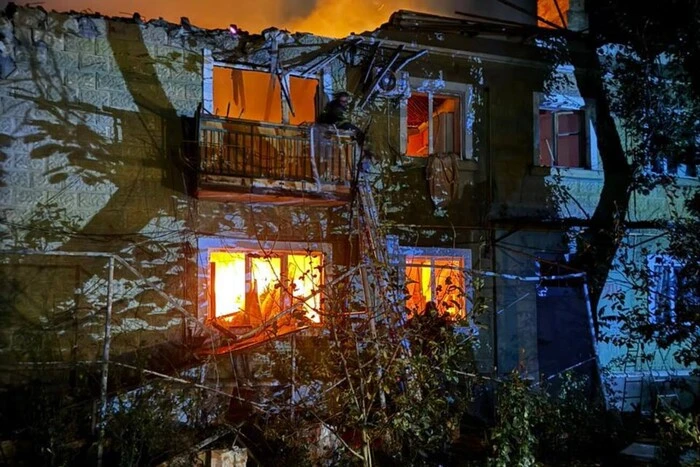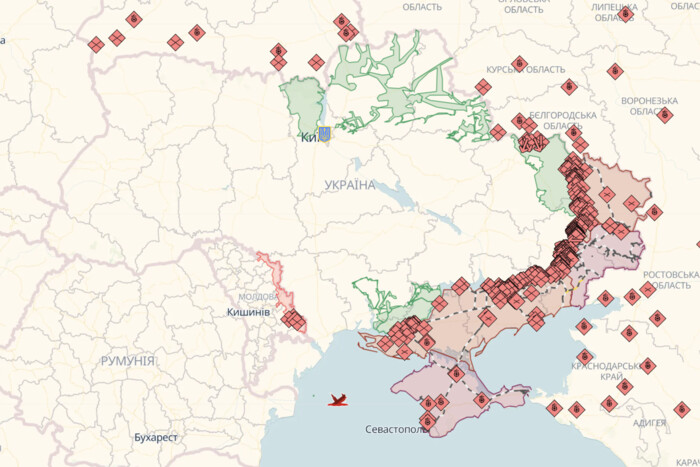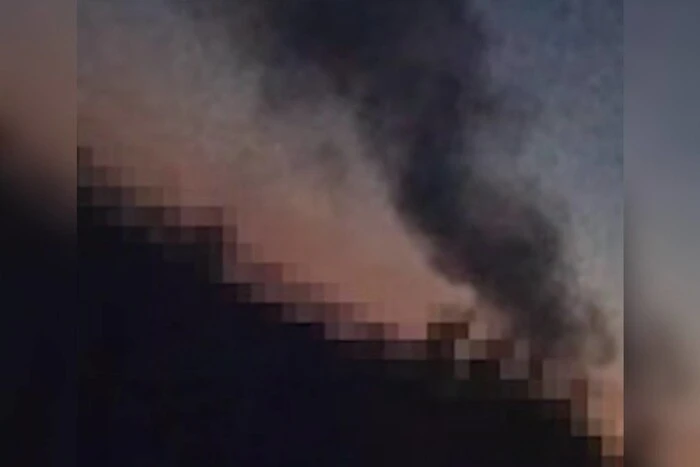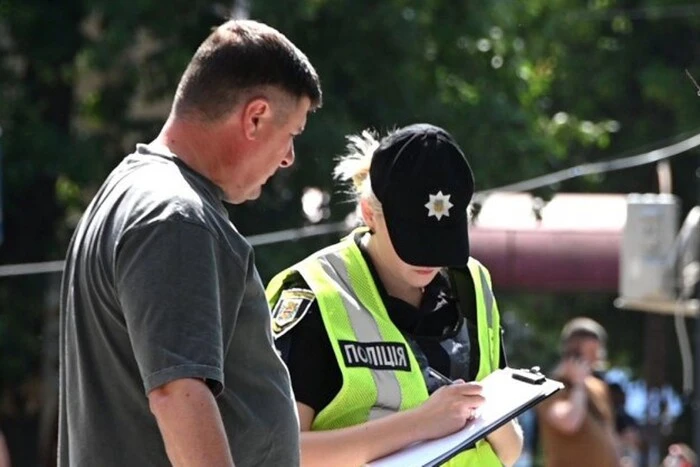Enemy launched a massive attack on Odesa region: deaths and injuries reported (updated).


Early this morning, the enemy attacked the city of Izmail in the Odesa region using drones. Three people were killed, and another 14 were injured. This was stated by the head of the Odesa regional military administration, Oleh Kiper.
According to him, "the Russians launched strike drones to the south of our region. The air defense was actively working, but the attack was prolonged and intense."
Initially, it was reported that three people died as a result of the attack: two women born in 1934 and 1955, and a 73-year-old man. Another 11 people, including one child, were injured.
The attack caused damage to private and multi-apartment buildings, outbuildings, structures, and vehicles. Fires that broke out as a result of the attack were promptly extinguished by firefighters. Law enforcement agencies documented the consequences of the terrorist act, and the victims are receiving necessary assistance, added Oleh Kiper.
Update at 9:46. As a result of the enemy shelling of Izmail, three people were killed, and another 14 were injured, including three children. The Odesa regional prosecutor’s office has launched an investigation.
We remind you that during the night of September 26, the enemy attacked the Odesa region using missiles and drones, resulting in the death of a 62-year-old woman.
Also, on September 25, the enemy launched a missile attack on the Odesa region, causing a fire in an open area.
Read also
- ISW analysts forecast whether Putin will agree to end the war soon
- Online Map of Hostilities in Ukraine on July 4: Situation at the Front
- Explosions heard in occupied Donetsk, Khartsyzsk, and Makiivka
- Drones attacked two TCCs in Poltava: the number of injured has increased again
- In Vinnytsia, teenagers brutally beat a 15-year-old boy
- Zelensky's visit to Denmark, Trump's conversation with Putin. Main news for July 3










